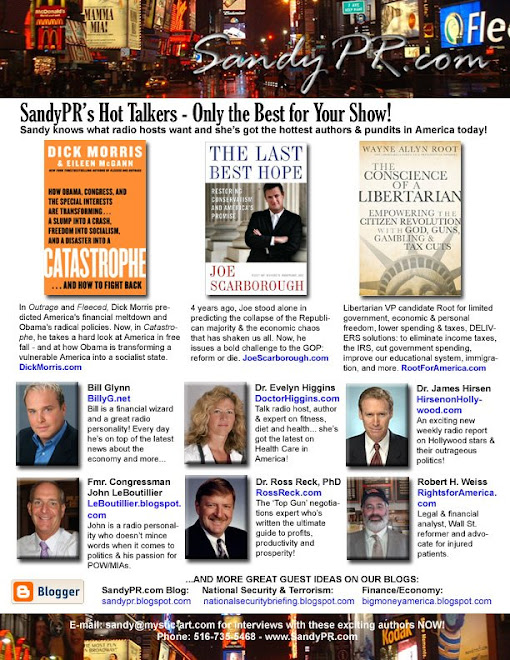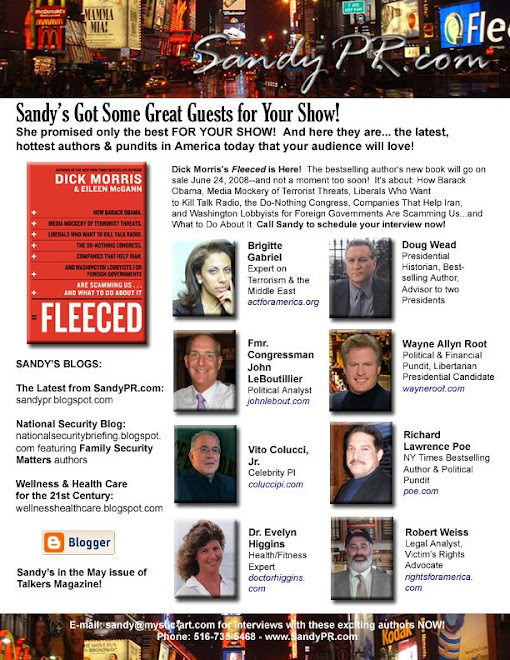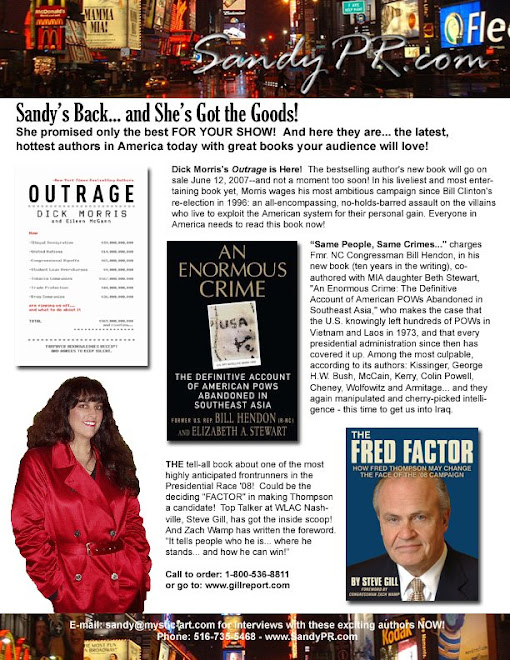|
|
|
|
|
|
The
"1984" of the COVID Era
THOUGHT CRIMINAL
By Michael
Rectenwald
NYU Professor of Liberal Studies, Michael Rectenwald has written the "1984" of the COVID Era: Thought Criminal. In his 2019 book, Google Archipelago: The Digital Gulag and the Simulation of Freedom, Professor Rectenwald argued that the real danger posed by Big Tech is not digital capitalism as such, but leftist authoritarianism. Thought Criminal explores not only big tech, but also social media censorship, media propaganda, the virus, the vaccine, and collectivism. Most importantly, it shows what could happen to a society so eager to comply with tyrannical rules and regulations that defy common sense.
In Thought Criminal, a distinguished Professor of AI-neuroscience and Theory of Mind has dissident thoughts. He differs from acceptable opinion on matters of grave importance to respectable Human Biologicals and the Federation of Pandemos, the global state. Upon confessing his divergent theories to a graduate student assistant, his life is never the same. He is labeled a "Thought Deviationist," among other damning designations. He is arrested by a robot police agent and soon released but remains a covert "Thought Deviationist" living under the constant fear of future arrest, the treachery of friends, and the loss of his identity.
Thought Criminal's "Thought Deviationist" character discovered that the ultimate threat is posed by the Collective Mind and submission to the virus spells the obliteration of the self. Resistance to the virus means living as a fugitive of the law and being forever hunted by robot police agents to be taken in for "treatment."
· The novel is set in a near-future dystopia where personal robots keep constant surveillance and report any conversations or actions that reflect dissident thinking; where Smart Cities track your every move; where a massive, centralized database, known as Collective Mind, threatens to regulate all thinking and obliterate individual identity.
· The main character, 48, has lost his prestigious position as professor of the Theory of Mind and AI-Neuroscience at Transhuman University in Santa Cruz, Region of California, after expressing his dissident views about the virus and its role in connecting the neo-cortex of subjects to Collective Mind. This transgression has earned him registration as a Thought Deviationist and Vaccine Resistor, and thus he is hauled in by robot law enforcement agents to the Essential Data complex, which houses the most important processors of Collective Mind.
· Not simply "a system of control imposed
by an independent entity," Collective Mind is a system that is "only
possible when a collective becomes complicit in its own subjection and when the
subjects impose subjugation upon each other."
The novel treats the possibility, or lack thereof, of retaining one's humanity and individual identity in the face of transhumanism and a technologically enforced collectivism. Think about this in the context of the current state of the world today, in which a disturbing number of the population eagerly complies with useless, authoritarian mask mandates, social distancing, and vaccine compliance, and angrily shames those who do not comply.
Michael Rectenwald has written a thought experiment for our time, the '1984' of the COVID era, where we can step back and view today’s America for what it is: a society infected not by a virus but by collective hysteria. Thought Criminal explores the meaning of individualism in an increasingly collectivist society, where our thoughts are not our thoughts but those infused in us by the media and the Collective Mind, and the very notion of free will becomes a distant memory. This is fiction that makes us think and makes us dream. --Kenneth R. Timmerman
ABOUT THE AUTHOR: Michael Rectenwald is a recently retired Professor of Liberal Studies at New York University, where he taught cultural and social history as well as academic writing since 2008. The author of ten books, Rectenwald is a prominent spokesperson for academic freedom and free speech and an expert on the history and character of the ‘social justice’ movement.






No comments:
Post a Comment